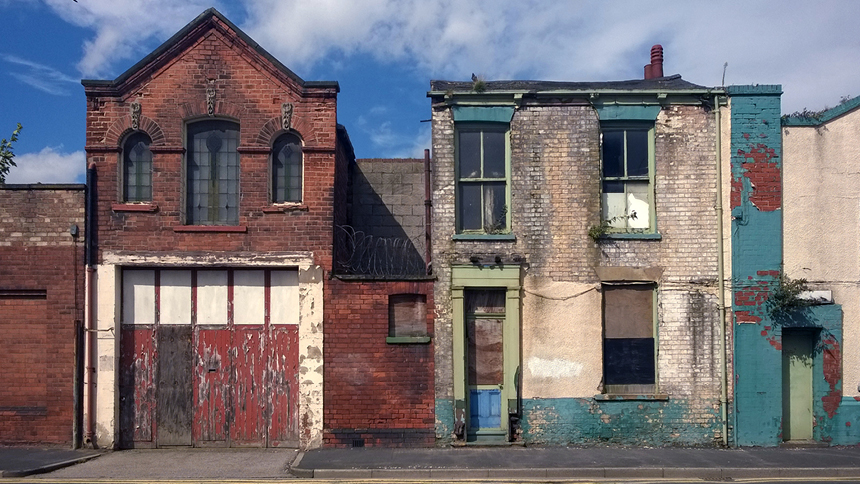What Are Dilapidations In A Commercial Lease?

If you have a commercial lease it is likely to have a clause covering your responsibilities regarding items of disrepair (dilapidations). It is important that you understand your liabilities regarding dilapidations to ensure you avoid a potential claim brought against you by your landlord for breach of covenant.
What do dilapidations cover?
Breaches of the following types of covenant apply to your liability, as a tenant, for dilapidations:
- Repairing covenant.
- Decorating covenant.
- Covenant to comply with legal obligations such as health and safety law.
- Covenant to yield up[CM1] and any related obligations that specify the state in which you must leave the premises at the end of the lease term.
- Reinstatement requirements that relate to any alterations you have carried out during the tenancy.
What happens if I do not undertake any repairs on my leased commercial property?
Your landlord will most likely engage a surveyor to prepare a dilapidations/repair schedule. If you do not undertake the work within a specified time, your landlord could instruct a tradesperson to carry out the required repairs. This means you have no control over who undertakes the work or how much it will cost. As well as demanding you pay for the repairs, your landlord could claim compensation for breach of covenant.
It is much better, therefore, to abide by the dilapidation terms in your commercial lease and control the quality of any repairing work and the associated costs.
What if the commercial property I plan to lease is in poor condition?
First and foremost, do not agree to a ‘full repairing and insuring (FRI)’ lease. If you do, you will find yourself responsible for all necessary repairs, regardless of whether or not the damage existed before you took on the lease.
To protect your interests, obtain an independent property survey and report as well as a Schedule of Condition. The latter sets out the state of the premises and the condition of any fixtures provided by the landlord at the beginning of the tenancy. Once you have these reports, you must negotiate hard to ensure your repairing covenant only extends to damage occurring during the term of your tenancy.
Concluding comments
Dilapidations can be a minefield for commercial property tenants. Investing in quality legal advice before signing a commercial lease agreement could save you thousands of pounds in repair and maintenance costs. Our commercial law solicitors will meticulously examine the proposed terms of the lease and advise you on negotiating with your landlord to obtain the best terms for your business needs.
If you require advice and representation on any commercial property matter, please call us on 02476 231000 or email enquiries@askewslegal.co.









